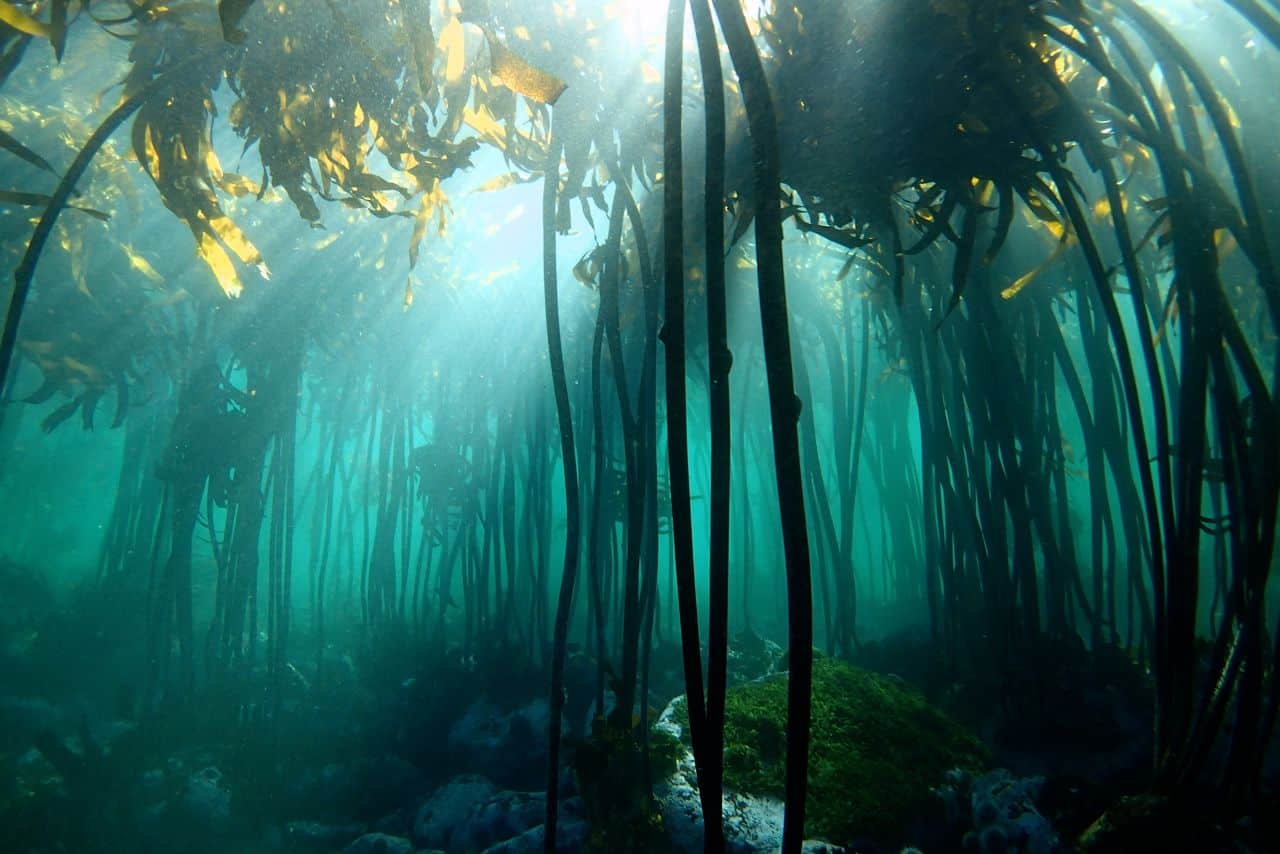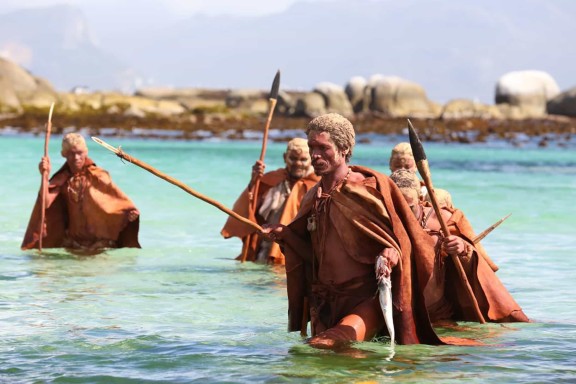
“The salt which is in our seawater is in our blood, sweat, and tears. Each of us has breathed warm saline for days on end and survived. The lungs themselves derive from fused pharyngeal pouches, and gill slits still form temporarily in all chordate embryos, including humans. This reminds us that something which became Homo did crawl up a beach many years ago. The satisfaction for certain people of walking back down a beach and into the sea is akin to that of a long-postponed homecoming.”
‘Seven Tenths – The Sea and its Threshholds,’ James Hamilton-Paterson
With this acute realization of our ancient relationship with water and the sea, Ross Frylinck, a journalist, and entrepreneur was prompted to co-found The Sea Change Project five years ago, with fellow Capetonian Craig Foster, one of the world’s leading natural history filmmakers. Ross is also co-founder of the Wavescape Festival, now in its 14th year, a leading ocean culture and conservation event comprising of a film festival, an art exhibition, and auction, as well as various outreach programs. He is also a committed deep-immersion diver, who together with Craig, regularly explores the kelp forests on the Western Cape’s peninsula. Similarly, Craig has in the last six years dedicated himself to learning the secrets of an inshore kelp habitat near his home in Simons Town located in Cape Town’s False Bay. His work has led to the discovery of many new species and new animal behaviors, a number of scientific papers, and unique sequences in the new BBC Blue Planet 2 series that aired last month in the UK with the opening installment of the show drawing more than 14.1 million viewers. Such is the clout of these ocean warriors and their knowledge of these ancient forests that they took renowned oceanographer Sylvia Earle on tour in 2015 when she visited Cape Town for the launch of the Mission Blue Hope Spot in False Bay.
‘It’s a profound and compelling argument that our evolutionary transformation was brought on in part by the high nutrient content in seafood harvested from southern Africa’s abundant rocky shoreline and kelp forests,’ says Ross. ‘The climate on the southern African shore was the perfect place for humans to flourish. Multiple lifestyle factors fueled the brain and upgraded the architecture of our minds to affect the greatest “sea-change” in the 350 000-year-history of the Homo sapiens species.
Furthermore, genetic testing and the archeological record strongly suggests that our species was not born amongst the grasslands and thorn-trees of the East African savannah, but on the rocky shores and beaches at the tip of Southern Africa.’
In further support of this, art from southern Africa – home to the greatest rock art galleries on earth – visually depict the journey that the Bushmen shamans took into their spirit world, which they likened to going underwater. ‘Paintings showing fish encountering a shaman in trance and of shamans transformed into therianthropes or half human/half fish beings abound,’ says Ross. ‘All of which illustrates that there has always been a deep understanding and connection with creatures from the underwater realm. It’s a connection and an understanding that we as a species have somehow lost today.’ And when you consider that San shamans living deep in the Kalahari Desert of today, still have experiences of being underwater during trance or altered states, you may begin to understand the incredible symbolic relevance and power that water has in our collective unconscious.

‘The idea behind Sea Change is to try and affect a transformation or a sea-change by confronting our true human relationship with the natural world. We see it as a rewilding or healing of our psyche through a deep immersion in nature,’ explains Ross. As such, The Sea Change Project is a not-for-profit organization mandated to promote and protect our marine and human heritage. Sea Change runs various field courses comprising of cold water immersion, deep nature experiences as well as a series of talks, films, and activities that aim to help participants rediscover their place within the great ecological network that makes up life on earth.
A book is in the offing too for next year, entitled ‘Return to the Golden Forest’ that chronicles Craig and Ross’ rediscovery of the kelp forests of their childhood and the profound effect that playing in these forests had on the course of their lives. It’s also a wonderful showcase for Craig’s powerfully beautiful photographic work. He’s also working on a film called ‘My Octopus Teacher,’ about an incredible relationship that he formed with an octopus called Superstar. And if they don’t sound busy enough with all of that, there’s also Water Memory, a forthcoming exhibition that will take Sea Change to the world.
For more on The Sea Change Project, the Wavescape Festival events or if you’d like to book yourself onto one of the cold water immersion dives when you’re next in Cape Town, call us on , or email: welcome@roarafrica.com



